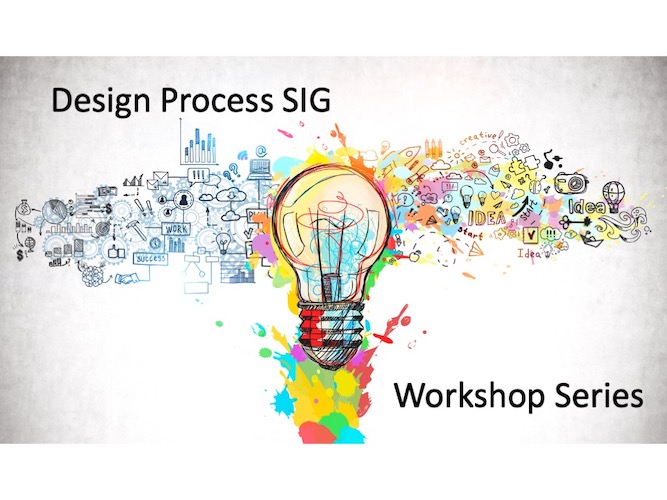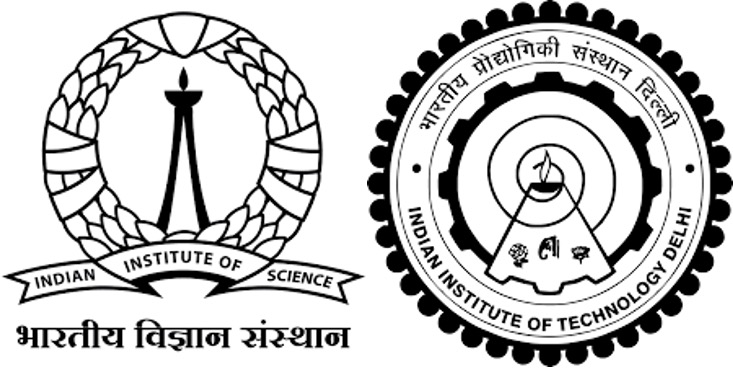Co-evolution of design research and design practice
Implications of new methodological developments on future design processes
Thematic focus of the workshop
Engineering products go through a wave of unprecedented changes as the products respond to the great societal challenges of our time like sustainability, carbon neutrality or circular economy. Engineers from different disciplines come together to design the next product generations making use of digital technology like simulation, AI or digital twins. At the same time, established engineering paradigms, like stage gate processes, are shifting.
Engineering design research is focussed on the advancement of technology and improvement of design practice while engineering education trains the next generation of engineering designers. The mechanisms for knowledge exchange between academia and industry can differ. Theory driven research generates insights that can improve practice, while practice driven research systematises and theorises best practices and new practices observed in industry. What we see is that industry and academia learn from each other; alternatively, design research and design practice co-evolve. In the past, the development of design processes, tools and methods has been responsive to the needs of industry arising from changing technology. To address the challenges and opportunities industry is facing now, there is a need to collaborate to bring products to the market quicker and cheaper. Design research and industry need to work together to advance design practice.
The Design Process Special Interest Group focusses on the theory and empirical studies of design processes. Structured processes are necessary to orchestrate the interplay of people and to assure that products are developed on time and on budget with appropriate approaches & procedures, methods, data, and tools.
We seek contributions that elaborate on the implications of current research on future design processes, as well as contributions of practitioners that help to understand current challenges that require further research. During the workshop, we aim to discuss the impact on design processes and interdependencies between evolving research results and practice.
Guiding questions for contributions and discussions can be:
- How do new methods, technologies or other research results affect the design process?
- Do they lend themselves to a specific paradigm, i.e. stage-gate-based or agile project management?
- Which challenges do companies face during the implementation of new approaches into their processes?
Topics could include, but are not limited to:
- New methods for new technologies
- New process paradigms
- Process modelling
- Coordination of activities in design processes
Organisers
Organisation
Participants are exepected to provide a short presentation based on their own research. Focus during the workshop will be on the discussion of the process implications that are stimulated by the presentations. While the workshop is meant to be organised primarily as an on-site event, we will provide opportunities for online participation of interested participants.
How to contribute
Interested contributors are expected to submit a short abstract that outlines their paper prior to the event. Selected contributions will be invited to be developed into a chapter to be included in an edited book by Springer. Papers that are considered for inclusion in the edited book should be submitted until March 2023. Industry speakers are welcome to contribute by giving a presentation without paper.
Please prepare the abstract (500 words) using our template and submit it to LPEuni-rostockde
Workshop dates and details
Indian Institute of Science, Bangalore - January 12, 2023
hosted by
Prof. Vishal Singh (IIS Bagalore), Prof. Amaresh Chakrabarti (IIS Bangalore), Prof. Srinivasan Venkataraman (IIT Delhi),
Preliminary deadlines
- Abstract Submission, 1st December 2022
- Notification of Acceptance, 5th December 2022
- Full paper submission, end of March 2023
Fees
- The event is free of charge
- Coffee, drinks and light luch will be provided by the host
- Dinner is at participant's own expense
Workshop location
The workshop will be held at IISC Bangalore, India
Agenda
Wednesday, 11/01/2023
- Evening event
- details follow
Thursday, 12/01/2023
Indian Standard Time
- Start 11:30h
- Welcome
- Introduction of participants
- Presentations and discussions
- Closing 18:45h
- Evening event
Central European Time
- Start 7:00h
- Welcome
- Introduction of participants
- Presentations and discussions
- Closing 14:15h
- Evening event
The workshop is endorsed by the Design Society. For more information about the Design Society, related events and membership please visit www.designsociety.org
www.designsociety.org - Design Process
The Design Process SIG is interested in the role that product and process models can play in improving the performance of design processes of complex engineering products. It is interested in the use of product and process modelling as a means to support directing, controlling and managing engineering design processes. Of interest are models generated specifically for process planning and management purposes as well as product models, such as functional models, that are used to make key decisions about the product or the process that is required to create the product. As many of these models are linked or interconnected, the SIG specifically addresses integrated product and process models. We are open to all modelling approaches and address how the structure of different modelling approaches affect the models generated and the actions carried out based on these models. The SIG works closely with industry and aims to address issues arising from industrial practice.



